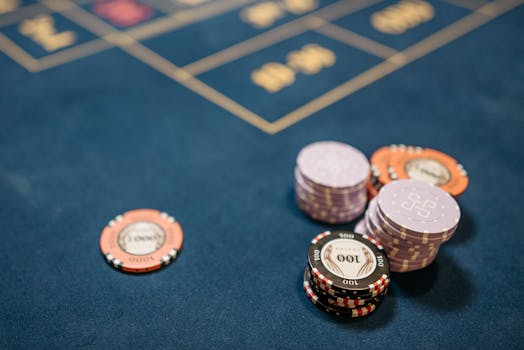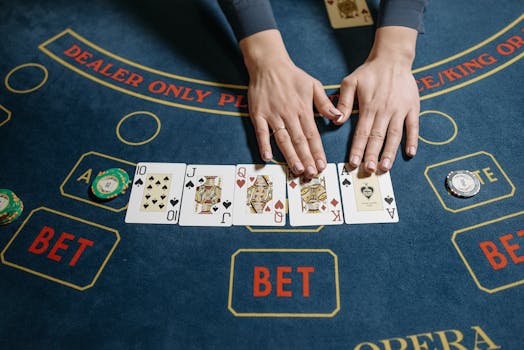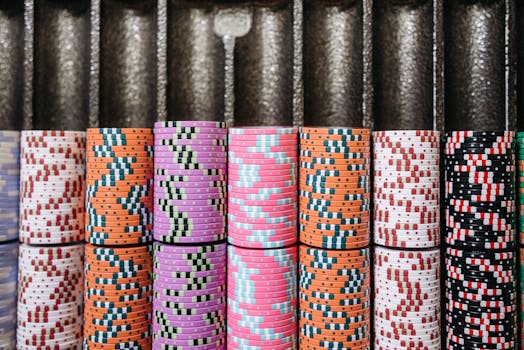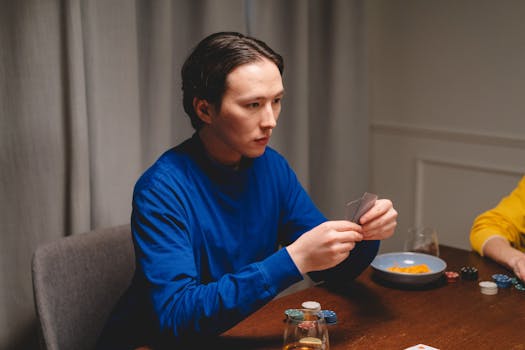Is There a Scientific Explanation for Luck in Gambling?
Introduction to the Concept of Luck in Gambling
The notion of 'luck' frequently captivates everyone from casual gamblers to serious mathematicians. This article delves into whether there is a scientific underpinning to luck in gambling, exploring various theories and approaches that attempt to elucidate this enigmatic phenomenon.
Understanding Probability and Randomness
At the core of gambling lies the principles of probability and randomness. Games such as roulette, dice, and slot machines hinge on random number generation, ensuring that each result is independent from the last. Many refer to this randomness as 'luck'. Yet, scientifically, these outcomes are governed by probabilistic laws and can be precisely calculated using statistical methods.
Psychological Factors Influencing Perception of Luck
From a psychological standpoint, gamblers might fall prey to the 'gambler’s fallacy'—the erroneous belief that past events influence future outcomes in situations where events are actually independent. For example, if a roulette ball has landed on black multiple times consecutively, a gambler might wrongly predict that red is due next. Cognitive psychology suggests this fallacy originates from our inherent tendency to perceive patterns in random sequences, thus influencing our notion of luck.
The Role of the House Edge
The house edge represents a mathematical advantage maintained by gambling venues over the players. This advantage ensures that, over the long term, the house will emerge victorious more frequently than the players, independent of any perceived luck or player strategies. Comprehending the house edge in different gambling games assists players in making better-informed decisions, effectively debunking the myth that one can consistently sway luck through skill.
Advantages and Disadvantages of Believing in Luck
Holding a belief in luck can positively and negatively impact a gambler's behavior. Positively, it can enhance the enjoyment and lead to a more relaxed gambling approach. Negatively, an excessive belief in luck may result in poor gambling decisions, increased losses, and the potential development of problem gambling behaviors.
Practical Examples
Consider a professional poker player who employs both skill and strategy to secure an advantage but also recognizes the role of luck in the short run. Their sustained success, however, relies more on understanding probability than on luck. Conversely, lottery participants depend solely on luck, as no skill is involved; the odds are extremely low, and outcomes are dictated entirely by chance.
Conclusion and Recommendations
To conclude, while the concept of luck in gambling adds an element of excitement for players, scientifically, gambling outcomes predominantly result from mathematical probabilities and psychological influences. Gamblers are advised to understand the roles of randomness and house edge thoroughly and to engage in responsible gambling, acknowledging that luck represents not a viable strategy but an element of the randomness intrinsic to gambling games.
Further Reading
For those interested in a more in-depth exploration of how probability impacts gambling outcomes, consider consulting academic publications on statistics and psychology, as well as visiting official gambling awareness websites.
By recognizing the scientific aspects of gambling, players are better equipped to make informed decisions and enjoy the gambling experience without overly relying on the concept of 'luck'.

.png)





